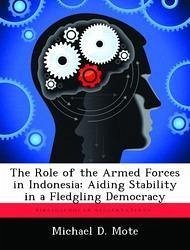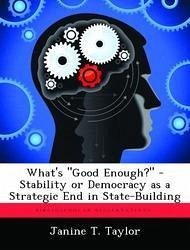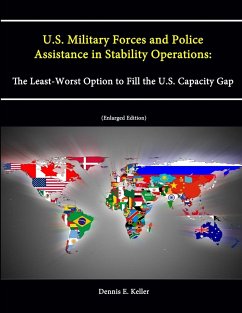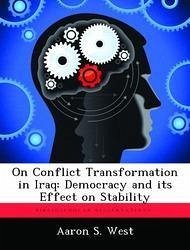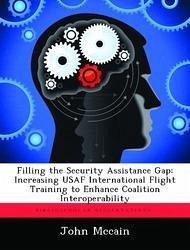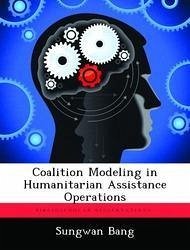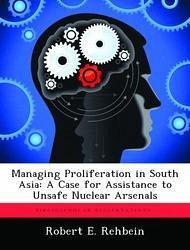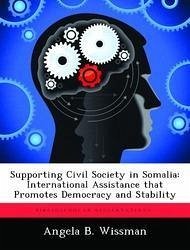
Supporting Civil Society in Somalia: International Assistance That Promotes Democracy and Stability
Versandkostenfrei!
Versandfertig in über 4 Wochen
54,99 €
inkl. MwSt.

PAYBACK Punkte
27 °P sammeln!
The international community intervened repeatedly in Somalia since the central government fell in 1991. These interventions failed to produce a stable, elected government. Instead, over the last 20 years Somalis faced famine, terrorism, sexual violence and lack of basic public services. Somalia's problems stem from lack political unity and rule of corrupt elites who misappropriate foreign aid and national resources. However, even with the pressures of the last two decades, parts of Somali society prospered and show the development of civil society that would serve as counterweights to a predat...
The international community intervened repeatedly in Somalia since the central government fell in 1991. These interventions failed to produce a stable, elected government. Instead, over the last 20 years Somalis faced famine, terrorism, sexual violence and lack of basic public services. Somalia's problems stem from lack political unity and rule of corrupt elites who misappropriate foreign aid and national resources. However, even with the pressures of the last two decades, parts of Somali society prospered and show the development of civil society that would serve as counterweights to a predatory government. The international community and the US should provide support around the edges of Somali politics and society. Actively engaging the center through a brokered peace deal or lengthy military occupation invites corruption and mistrust. Aggressive intervention such as establishing an international administration over Somalia would unnecessarily cause friction. It also would delay Somalia's development as a unified, strong country. Numerous Somalis possess the technical ability to run a government. What is missing is accountability.






